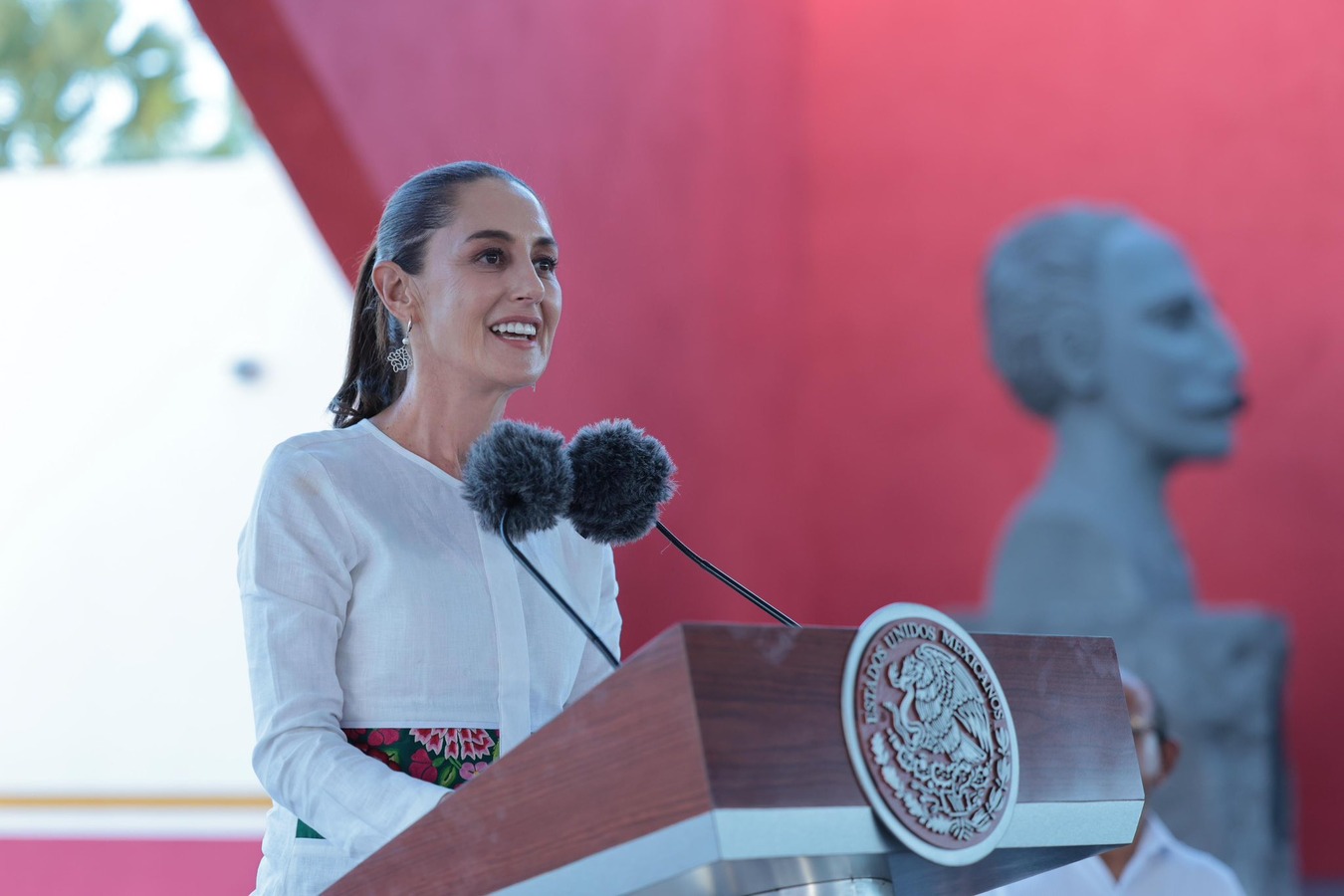Book Launch: Brazil on the Rise by Larry Rohter
Book Launch: Brazil on the Rise by Larry Rohter
Part travelogue, part policy analysis, the book offers Rohter’s account of the turnaround Brazil has undergone since emerging from military dictatorship in 1985. Access a summary of the AS/COA book launch.
Speakers:
- Christopher Sabatini, Senior Director of Policy, Americas Society/ Council of the Americas (welcoming remarks)
- Larry Rohter, author of Brazil on the Rise: The Story of a Country Transformed and former South American bureau chief for The New York Times
- Jorge Pontual, Journalist, O Globo
Summary
On Monday, September 27, Americas Society and Council of the Americas launched the latest book by The New York Times journalist and former South American bureau chief Larry Rohter, titled Brazil on the Rise: The Story of a Country Transformed. Part travelogue, part policy analysis, the book offers Rohter’s account of the turnaround Brazil has undergone since emerging from military dictatorship in 1985.
Following an introduction by AS/COA’s Senior Director of Policy Chris Sabatini, Rohter commented on his motivation for writing the book and on some of the salient challenges facing Brazil today. Jorge Pontual of O Globo then offered his reactions and additional questions for Rohter, after which the discussion was opened up to include select questions from audience members.
“Brazil deserves to be paid attention”
Rohter’s message was clear: Brazil today is a modern, industrialized country that is pushing into the realm of the world’s great powers. It boasts the eighth-largest economy in the world and is the fourth-largest creditor of the United States; its economy is also on pace to grow by 7.5 percent in 2010. Rohter, who set out to explain this transformation, said its starting point was the end of the military dictatorship. Yet he cites 1994 as the key turning point, as it was the beginning of 16 years of unparalleled political and economic stability. Rohter credits the government of Fernando Henrique Cardoso with reining in debt and overspending, instituting fiscal discipline, and bringing millions of the rural poor and working class into the formal economy. These are policies that President Luiz Inácio Lula da Silva has largely continued, with the addition of social programs to reduce inequities.
Rohter also commented that Brazil today is “a noisy, tumultuous, thriving democracy,” with separation of powers, a free and aggressive press, peaceful democratic transitions, and an increasing likelihood of electing a woman (former chief of staff and Lula’s hand-picked successor Dilma Rousseff) to its highest office.
Future Challenges
In spite of Brazil’s roaring growth of the past two decades, significant obstacles to development remain. For one, although Presidents Cardoso and Lula have made symbolic efforts to address racial inequality, Afro-Brazilians continue to earn less, die earlier, and be arrested more frequently than their non-Afro-Brazilian peers. Such disparities pose a major challenge to equitable development, as does the violence they engender.
In addition, drug-related violence is a major threat to public security. Powerful drug gangs are often more heavily armed than police, who are often perceived as corrupt, untrustworthy, and inept. In anticipation of the 2014 World Cup and 2016 Olympic Games, both of which will be held in Brazil and are seen as the country’s coming-out party, the next government will need to make major strides in ensuring greater public security.
Brazil also continues to face the challenge of maintaining a fast pace of growth but doing so in an environmentally sustainable way. Due to deforestation in the Amazon—which increases as Brazil’s economy grows—Brazil has become the fourth-largest emitter of greenhouse gases. Brazilians are fiercely protective of Amazônia nossa (“our Amazon”) and remain reluctant to letting outsiders impose regulations on it. Nonetheless, at the Copenhagen climate change conference in December 2009, Brazil pledged (albeit in a non-binding side agreement) to reduce its emissions in the next decade by 38 percent to 42 percent below projected 2020 levels.
Brazil on the World Stage
Responding to questions by Pontual and audience members about Brazil’s foreign policy, Rohter emphasized the theme of Brazil ascending to the world stage while acknowledging that the country is still struggling to define its national interest. Brazil desires to be a major player globally as well as a friend and interlocutor locally. It has surprised some by supporting Iran’s nuclear ambitions—a symbolic as well as practical move—but has not been afraid to undercut some of Venezuela’s ambitions, such as the creation of the Bank of the South or the Caracas-Buenos Aires natural gas pipeline. The relationship with the U.S., however, remains Brazil’s most essential. As for its partner to the north, the U.S. also has yet to figure out the right mechanisms for shepherding Brazil through development and becoming its ally without dominating it.







